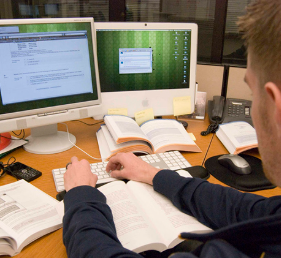A Virtual Private Network (VPN) can be a helpful tool when taking online classes, especially if you’re studying from a different country, using public Wi-Fi, or trying to access class materials securely.
While using a VPN might sound technical, it’s actually quite simple—and it can improve your online learning experience.
Here’s how to use a VPN for online classes in a safe and friendly way.
1. What Is a VPN?
A VPN (Virtual Private Network) creates a secure connection between your device and the internet. It helps protect your privacy and can also let you access learning platforms that may be limited in your area.
2. Why Use a VPN for Online Classes?
-
Protect Your Privacy on public or shared networks.
-
Access Learning Platforms that might be restricted in your region.
-
Improve Connection Security when studying abroad or traveling.
-
Keep Data Safe when submitting assignments or taking tests online.
3. Choose a Reliable VPN Service
Look for VPNs with good reviews, clear policies, and secure encryption. Many offer student-friendly pricing or free plans with basic features. Make sure the VPN works well with video calls, learning platforms, and file downloads.
4. Install the VPN on Your Device
Most VPNs are easy to install and work on laptops, tablets, and smartphones. Just download the app, follow the setup steps, and log in.
5. Connect to a Server Near Your School
For the best speed, choose a VPN server close to your school’s location. This helps reduce delays during video calls or when accessing class content.
6. Check Your Connection
Once your VPN is on, test your internet connection and try accessing your online class platform. Most VPNs won’t affect your regular learning experience—but if something doesn’t load, try switching servers.
7. Use It When Needed
You don’t have to keep your VPN on all the time. Use it when you’re on public Wi-Fi, accessing restricted content, or when extra privacy is important.
8. Avoid Free VPNs with Risks
While some free VPNs are okay, others may limit your speed or show ads. Be cautious and check user reviews to make sure the VPN is trustworthy and secure.
9. Stay Updated
Keep your VPN app updated for better performance and security. This ensures you have access to the latest features and fixes.
10. Respect Class Rules and Policies
Always follow your school’s guidelines. A VPN is a tool to support your learning—not to bypass rules or exam policies.
Conclusion
Using a VPN for online classes can help you stay safe, connected, and focused—no matter where you’re studying from. With a little setup and the right provider, a VPN becomes a helpful companion in your online learning journey.





